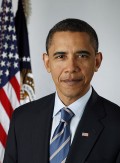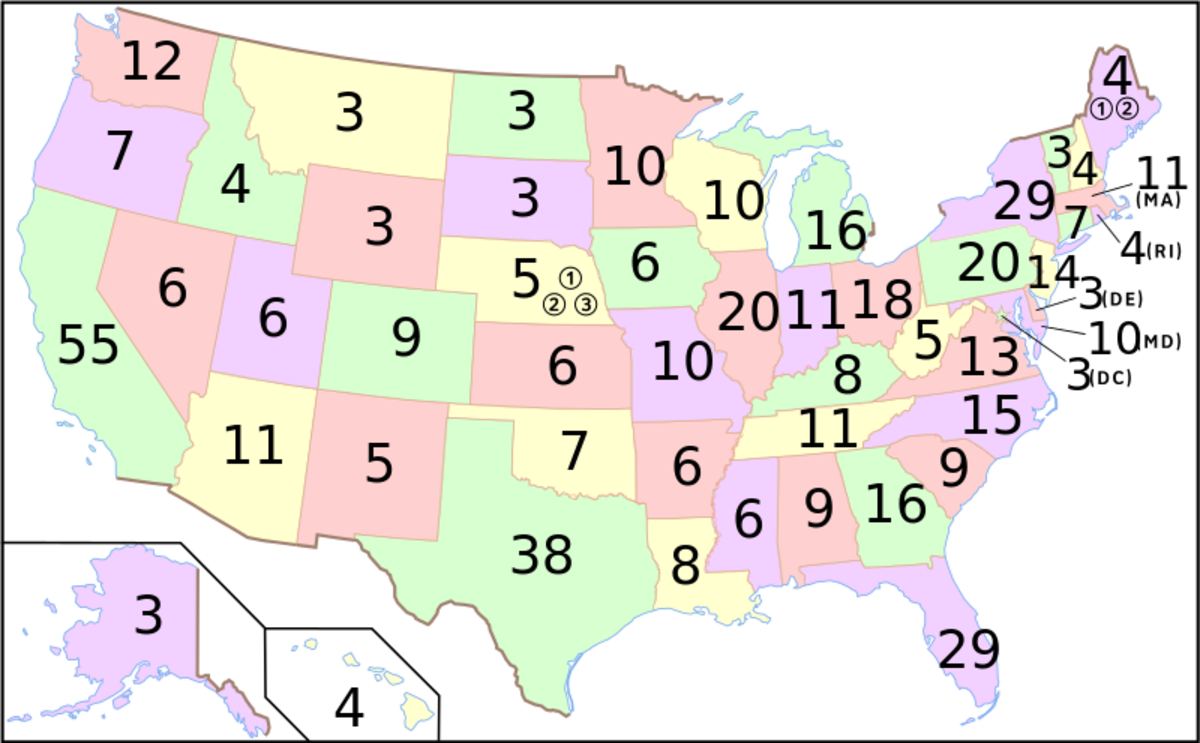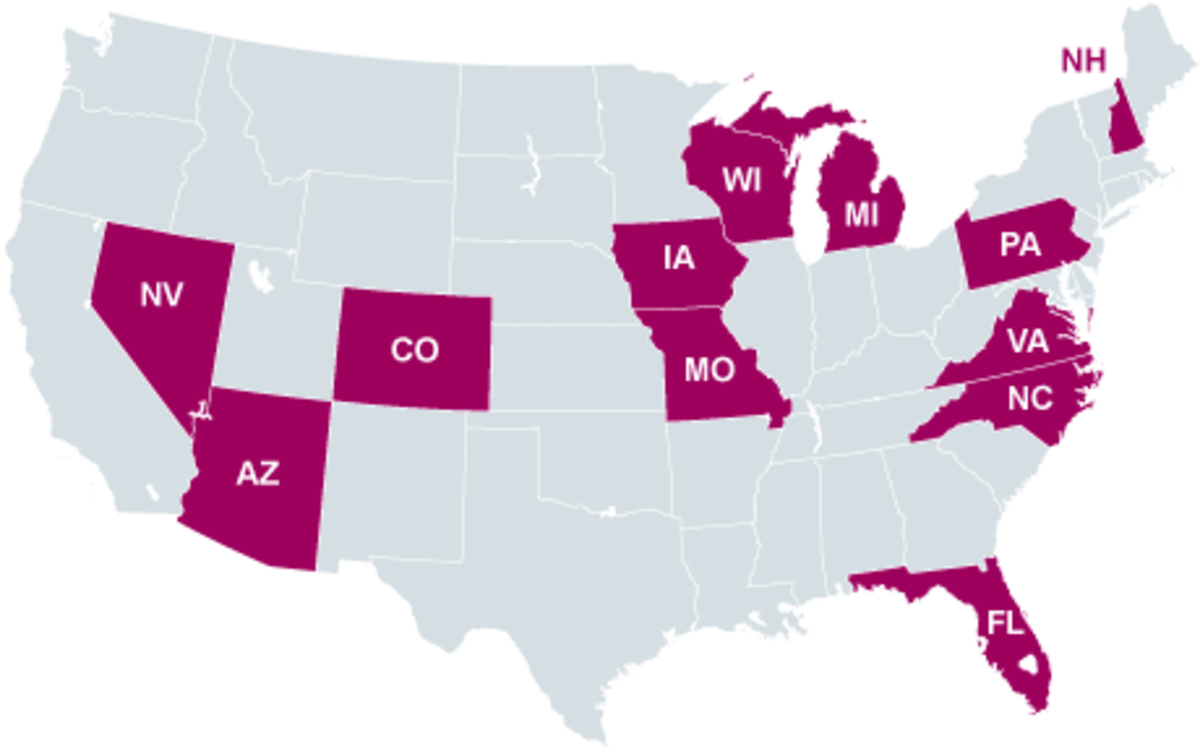Electoral College Is A Necessary Safeguard
Countering any October Surprise
Our Constitution wisely provided what is now perhaps our only safeguard against a fraudulent "October Surprise" (a last-minute revelation so negative, yet false, that at the last moment before voting is scheduled that revelaton sways enough voters' votes to give the victory to a candidate who benefits from the surprising falsehood.)
That safeguard is the Electoral College.
Without the Electoral College, a fraud of such proportions (even if proven to be false shortly after the voting ends) would have no mechanism for undoing the intended harm.
Next summer and fall there will be a renewed call for doing away with the Electoral College. The common complaint will be that "the Electoral College is outdated" or "it's a relic from a time when elitism was in fashion, and no longer applies today!" Those who would do away with the Electoral College most often call for the presidential election to be decided simply "by the will of the majority, the plurality of the votes cast."
If we understand the dangers of doing away with the Electoral College which presently can protect against a bogus October Surprise, we would still do well to examine how its votes are likely to be awarded to the candidates in the next presidential election.
How are Electoral College Votes Awarded?
A few states, such as Maine, award their votes in the Electoral College based on which candidate wins a majority of the votes in each of their electoral districts. A candidate who won the most votes in only one of Maine's districts would still have that Electoral College vote. Most states, however, award them all as a bloc based on which candidate won a plurality of the popular vote in that particular state.
What is the matter with that system?
If you have heard the terms "Red States" and "Blue States" you probably know that they refer to states which are predominantly inhabited by eligible voters who vote fairly consistently for one or the other of our two major political parties, the Republicans or the Democrats.
In many of those states the Electoral College votes are presently awarded to that dominant party's candidate, despite the votes of that state's voters who voted for the other candidate. When that happens the Electoral College cannot reflect the true national popular vote.
To illustrate this point: California voters in the 2008 presidential election largely favored the Democrats' candidate and that candidate was awarded all of California's votes in the Electoral College. Utah voters in 2008 largely favored the Republicans' candidate and that candidate was awarded all of Utah's votes in the Electoral College. A minority of voters in California (still a significant percentage of that state's voters) voted for the Republican candidate, and a significant percentage of Utah voters voted for the Democrats' candidate. But, because a majority in California voted for the Democrat, the Republican candidate received no Electoral College votes from California. Likewise in Utah, the Democrats' candidate received none of the Utah votes.
In California it was clear, even before the voting took place there, the Democrat voters so outnumbered the Republican voters that there would be no Electoral College votes from California for the Republican candidate. In Utah it was similarly clear before the voting that there would be no Utah votes in the Electoral College for the Democrats' candidate.
If you were a discouraged Republican voter in California, and a discouraged Democrat voter in Utah, it would be easy to adopt the conclusion that, whether you voted or didn't vote, your vote would not be a factor in the voting in the Electoral College, and that fact could be sufficient justification for many of those groups of voters to not even vote!
When enough voters come to that conclusion, or for any other reason don't vote, the final popular vote tally may not reflect the real preference of the nation as a whole. In fact, in 2008 only 56.8% of eligible American voters actually went to the polls and voted for any presidential candidate!! Contrast that with the 2011 vote in Tunisia where 90% of eligible voters were reported to have voted!
Utah's Democrats and California's Republicans deserve to be a part of the decision on who governs them at the national level.
The present "winner takes all" system discourages their patriotic participation. and the participation of concerned voters in all but what politicianss admit are "a few key states' which in 2008 determined this great country's post-election future.
By all means keep the safeguard of the Electoral College, but let's improve the validity of the Electoral College voting by accurately reflecting the true sentiments of every voter in every one of the states.
The State of Maine was the first American state to see the sun rise on a new day. Its example could have helped America see the sun rise on a safe and more inclusive new day.
© This work is licensed under a Creative Comments Attribution-No Derivs 3.0 United States License






![Election 2014: A Message to The Voters [249*9]](https://usercontent2.hubstatic.com/9226753_f120.jpg)

